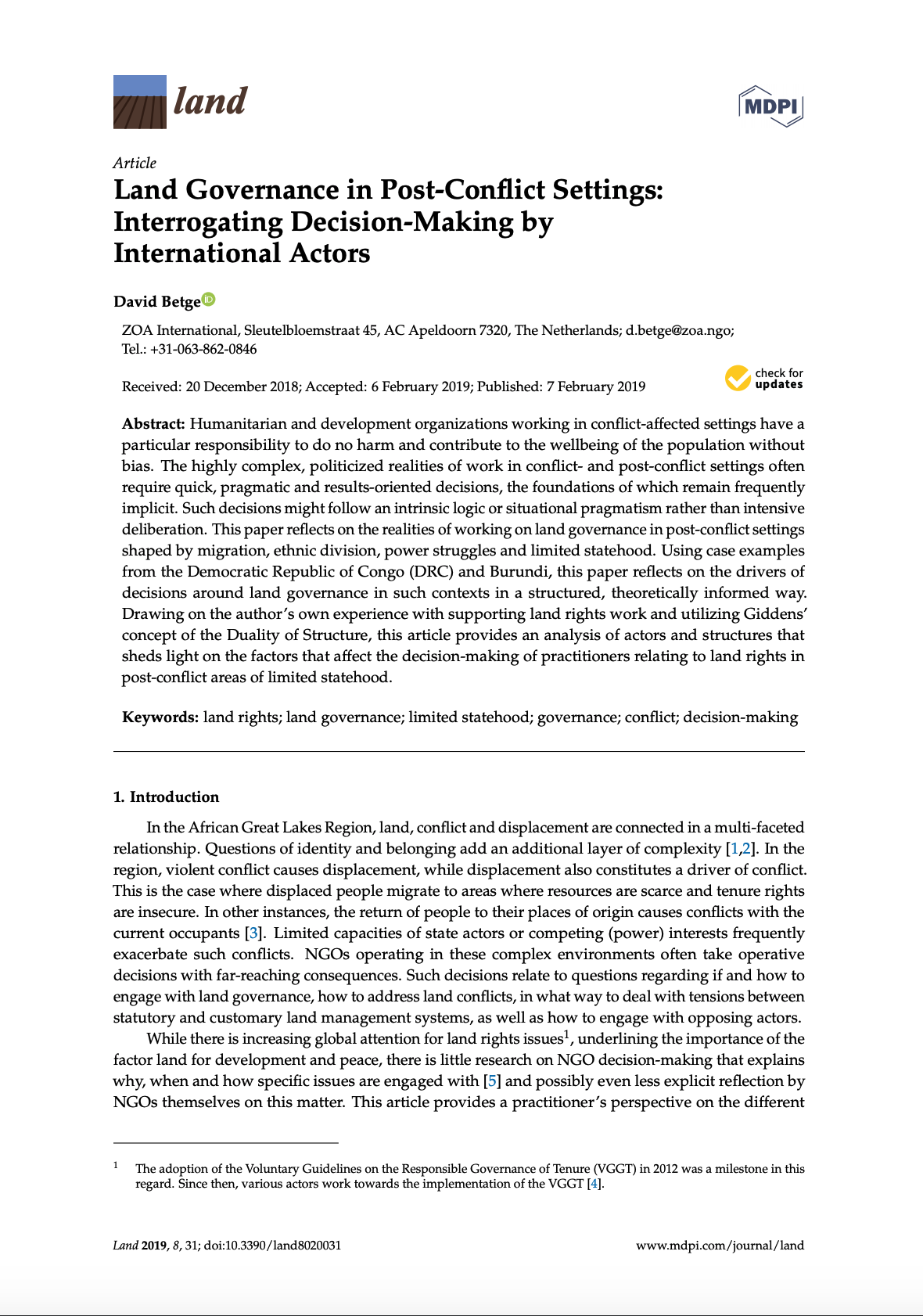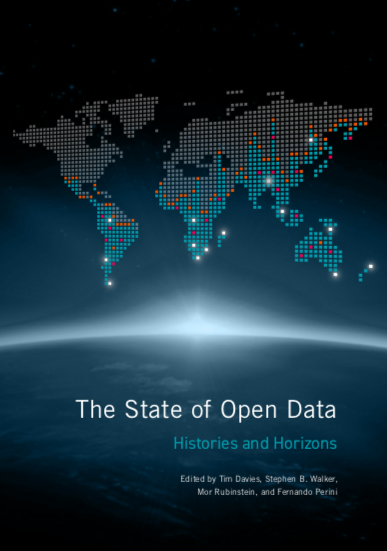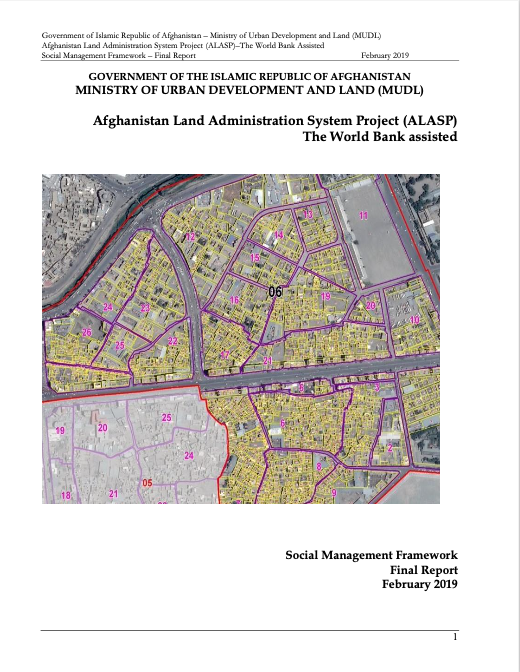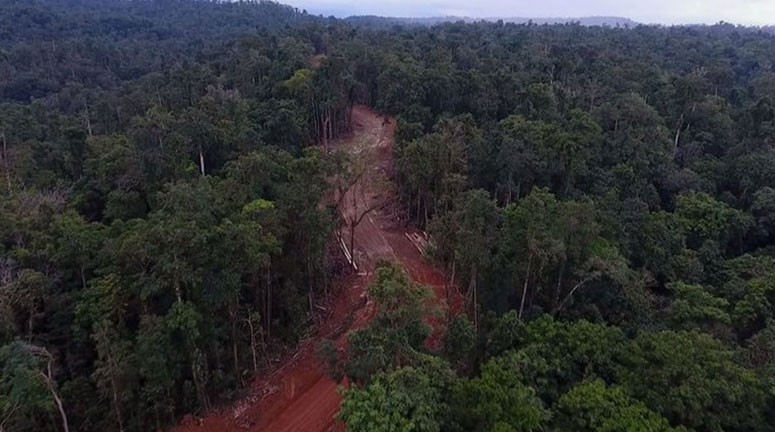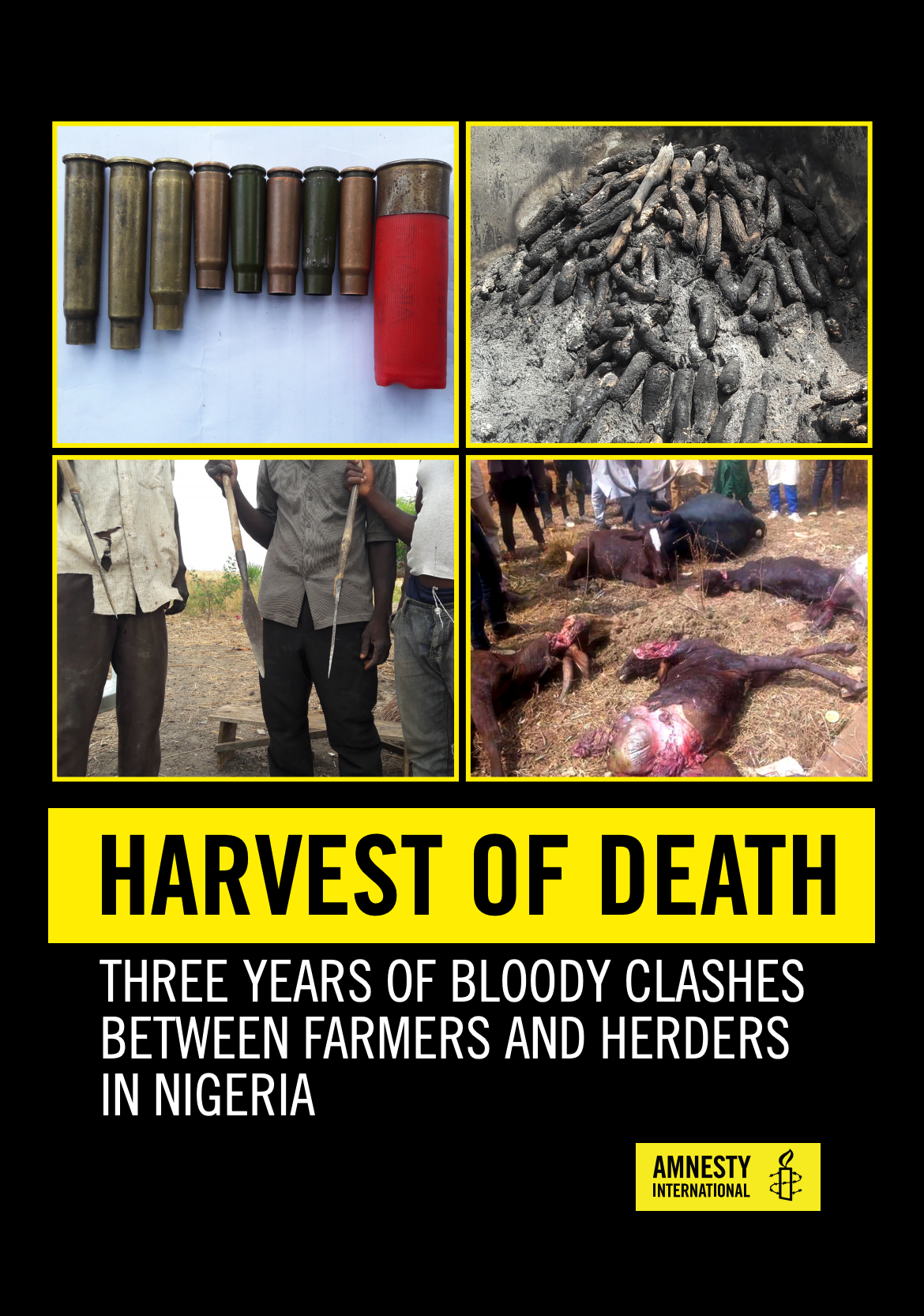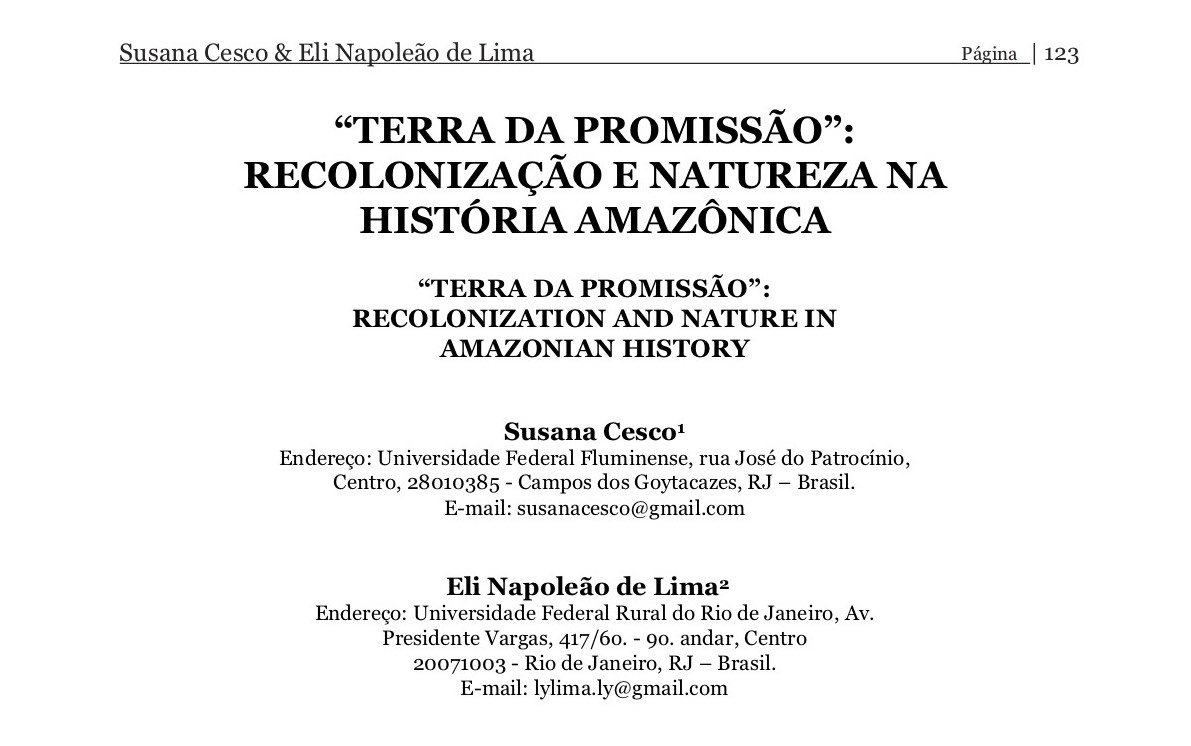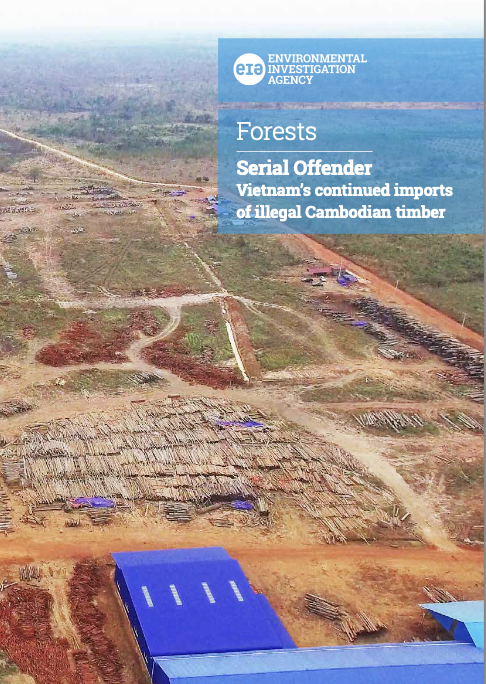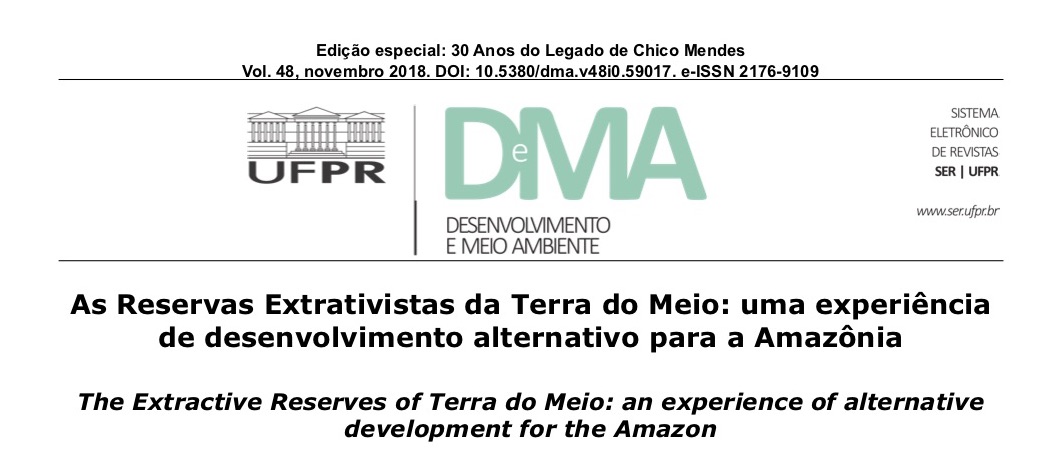La problématique de l'accaparement des terres au Tchad
L’accaparement des terres au Tchad est un phénomène nouveau, massif, et accumulateur visant le contrôle de large partie de terres riches agricoles. Le contexte tchadien correspond plus ou moins aux critères globalement admis pour définir l’accaparement des terres : la taille des emprises, les acteurs (passifs ou actifs), le contrôle des procédures, la légalité des acquisitions et l’utilisation des terres cédées. Les investisseurs étrangers se sont encore peu intéressés au foncier agricole tchadien. Le phénomène est porté par une classe d’investisseurs locaux.

